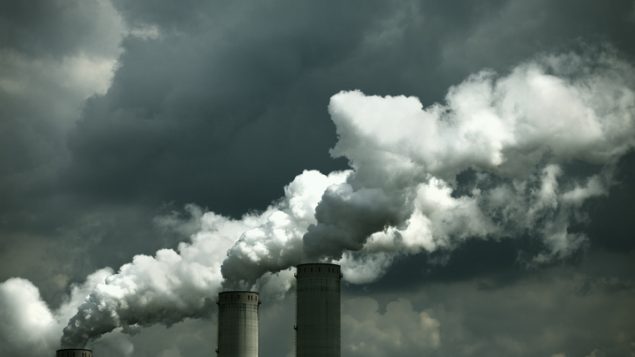Saying “climate change is a risk to the bottom line,” 45 business leaders in the western province of British Columbia are asking all federal party leaders to renew Canada’s leadership on climate issues. The party leaders are campaigning ahead of a federal election on Oct. 21, 2019.
Members of the Business Coalition for a Clean Economy have signed an open letter in support of Canada’s commitment to limit global warming to 1.5-2 degrees celsius as stated in the Paris Agreement. They say, whichever party is elected to form the next government should take action to:
- Reduce carbon pollution in all economic sectors
- Invest in renewable energy
- Invest in clean innovation
- Put a price on carbon pollution
- Invest in training for clean economy careers
- Ensure transparency and accountability
- Protect land and freshwater ecosystems
- Increase investment in adaptation and resilience

British Columbia’s carbon tax adds about nine cents to the cost of a litre of gas and other fuels. (iStock)
British Columbia set first carbon tax
British Columbia was the first province to implement a broad-based carbon tax. It did so in 2008.
Many provincial politicians are currently fighting the federal government’s move to impose a carbon tax on them unless they come up with their own plan. Several argue a carbon tax would hurt their economies.
But in spite of adopting its own carbon tax, British Columbia says that its provincial, real GDP grew by 19 per cent between 2007 and 2016.
New data suggest that even with the tax and other carbon reduction measures, carbon emissions dropped less than one per cent between 2007 and 2017. The premier of British Columbia said decreases were stymied by more emissions associated with the province’s growing economy.







For reasons beyond our control, and for an undetermined period of time, our comment section is now closed. However, our social networks remain open to your contributions.